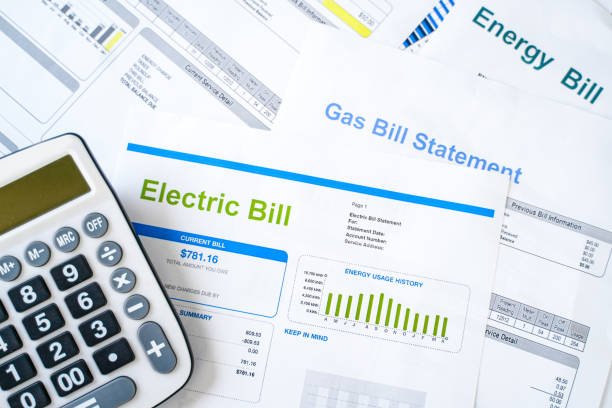Saving money does not have to be complicated. Just change your day-to-day outlook on financial matters-a few simple things can alert you for saving money and enable you to stay free financially. Here are twelve smart ways to save more and spend less.
1. Create A Budget
Have a clear and firm idea about your income and expenses. Outlay categories like “needs,” “wants,” and “savings” for your spending. A budget is beneficial in showing where one’s money is heading and avoid splurging.

2. Set Your Financial Goals
Setting objectives gives direction to your savings. Start with tangible goals to be attained within the short term, like repaying small loans, and move to long-term objectives, for example, buying a house or retiring early.

3. Always Save Money Every Month
Another great solution to aid your saving effort is to automate savings with the help of standing orders from your current account into a separate account. The idea of “out of sight, out of mind” is simple and, thus, saving becomes automatic.

4. Get Rid Of Unused Subscriptions
Go through monthly subscriptions and cancel what you no longer use. It may seem like small change, but unused memberships add up over time.

5. Shop Smart And Get Cash Back
Use cash-back programs and websites to get a rebate or discounts during everyday purchases. This way, while spending, you still save money.

6. Cut All Utility Bills
Simple lifestyle changes can go a long way in ensuring that your utility bills are greatly reduced. Turn off lights when not in use, do not forget to use energy-efficient household appliances, and keep the thermostat at a comfortable temperature.

7. Plan Your Meals Ahead
Planning your meals means saving money, time, and food. You should use a proper grocery list so you do not purchase things on impulse.

8. Never Give in to Impulse Buying
Take a moment to think about your purchases, especially when it is not something you need urgently. Simply giving yourself a few minutes to think about it will usually end well, because you’ll find yourself even more certain about your decision as time goes by.

9. Start Putting Your Money to Work as Soon as You Can
Compound interest means even modest investments can grow significantly. Start with inherent, low-risk investments and diversify as your financial knowledge develops.

10. Track Finances on a Regular Basis
Bear in mind your financial health by keeping tabs on expenditures, the credit score, and savings. Frequent reviews help you spot places where you could further improve.
![]()
11. Lower Your Lifestyle
The less you consume, the lesser the expenses. Be a minimalist and only buy things you require; sell off things, if any, you do not need for some cash on top.

12. Establish an Emergency Fund
The very nature of emergencies has to be unexpected, they catch us off-guard and an emergency fund eases up things relating to emergency expenditure. Protect yourself from sudden medical bills, car repairs, and emergencies with an emergency fund. Put aside money from your paycheck every month until it is comfortable for you.

Conclusion
Saving is not a one-time affair but a journey-a journey that may see you make a big impact in your financial future should you apply even a handful of these possible strategies. Begin slowly; stick to it, and acknowledge these small wins-dreams of financial freedom await



